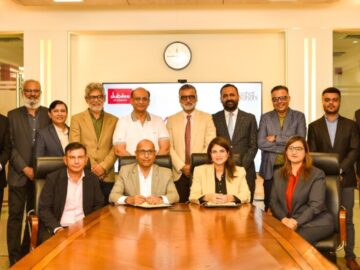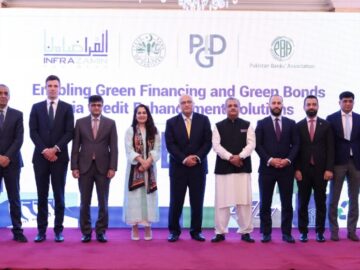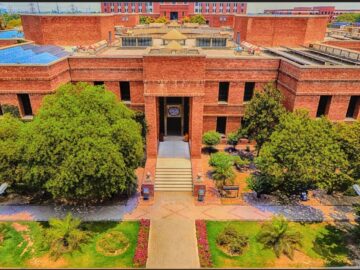During the establishment of “Long Term Arbitration” between the state government and the Tethyan Copper Company (TCC), the Pakistani government will review the internal center of the International Centre for Settlement of Investment Disputes (ICSID) solution. The price will cost $ 5.976 billion, it happened on Sunday.
Dated July 13, A press release by the office of the Attorney General for Pakistan, was released after the ICSID announced a hefty award of $5.976 billion against Pakistan in the long-running Reko Diq case.
Reko Diq, which means sandy peak in the Balochi language, is a small town in Chagai district in Balochistan. It is located in a desert area, 70km north-west of Naukundi, close to the border with Iran and Afghanistan.
Reko Diq mine is famous because of its vast gold and copper reserves and is believed to have the world’s fifth-largest gold deposit.
The international tribunal which provides facilities for conciliation and arbitration of international investment disputes, rendered its judgment on Friday, a 700-page ruling against Pakistan in the Reko Diq case. The ICSID awarded a $4.08bn penalty and $1.87bn in interest. The full details of the case are yet to be released by the tribunal.
The press release said that Pakistan was “disappointed” with the decision and added that Prime Minister Imran Khan on Sunday ordered the formation of a commission to investigate as to how Pakistan ended up in this predicament.
In a statement by Tethyan board chairman, William Hayes said that “Pakistan welcomed this approach to work towards a mutually beneficial solution that works for both sides”. Also, he had expressed willingness to work with the government in order to reach a mutually negotiated settlement.
Hayes had said in a statement the company was still “willing to strike a deal with Pakistan,” but added that “it would continue protecting its commercial and legal interests until the dispute was over.”
About the Reko Diq case:
According to the extensive technical and financial studies undertaken to secure optimal ‘economies of scale’ efficiencies, and lower mining and processing costs, a large scale, state-of-the-art mining, and processing unit is required at Reko Diq.
The TCC completed an extensive and detailed bankable feasibility study establishing the basis for mine development at Reko Diq during August 2010 and submitted a mining lease application in February 2011, along with an environmental and social impact assessment report.
Progress on the project came to a standstill in November 2011, when the government of Balochistan summarily rejected the application by the TCC’s local operating subsidiary for a mining lease in respect of Reko Diq.
According to Reuters, TCC said it had invested more than $220 million by the time Pakistan’s government, in 2011, unexpectedly refused to grant them the mining lease needed to keep operating.
The international mining firm had lodged the case against Pakistan on January 12, 2012, and the ICSID constituted the tribunal on July 12, 2012. The case between the Pakistani government and TCC had continued for at least seven years.
The ICSID ruled against Pakistan in 2017, but until now had yet to determine the damages owed to the TCC.










